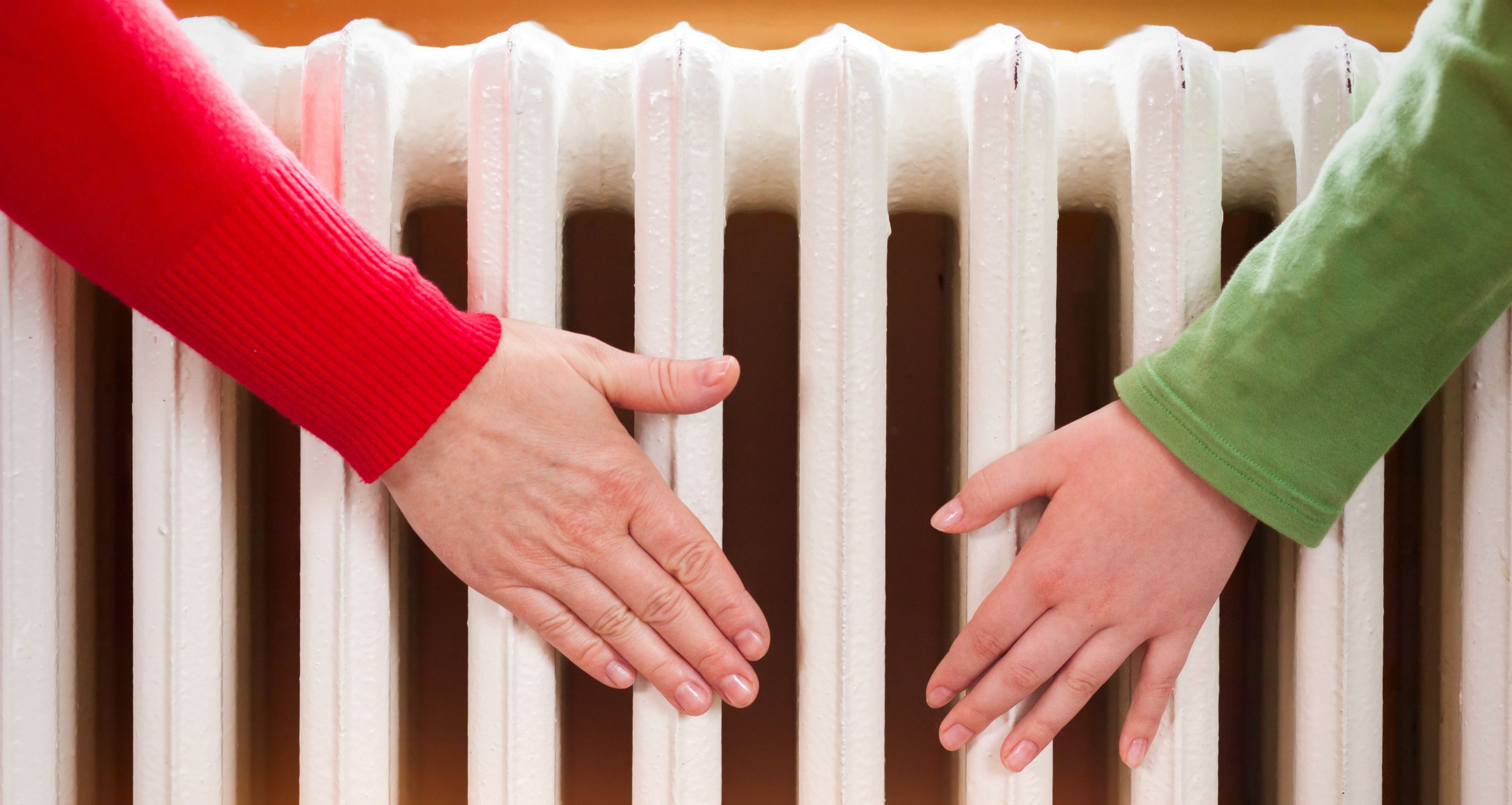While we all want to ensure our heating and hot water systems are as efficient as possible this winter, warnings are being made that there are dangers associated with some heating hacks. Households facing the impact of the cost of living and energy crisis may inadvertently put themselves at the risk of burn and scald injuries, by making small changes aimed at enhancing heating system efficiency.
Kevin Wellman, CEO of the Chartered Institute of Plumbing and Heating Engineering (CIPHE) forewarned, “Those taking steps to enhance their heating system efficiency, such as removing radiator covers, or moving furniture to expose radiators (and therefore hot pipework), may open up the potential for heating system contact burns, especially in households with young, elderly or disabled occupants. It’s vital everyone knows that radiators, towel warmers and central heating pipes can reach temperatures high enough to cause a burn if touched. Likewise, that hot bath water is responsible for the highest number of fatal and severe scalding injuries among young children.”
With National Burn Awareness Day on 12th October, it is essential we understand that those very systems that keep us warm and protected from the cold, can also cause injury. NHS Digital has recently revealed its latest Hospital Episode Statistics for England. Admitted Patient Care 2021-22, with some worrying results. It found that:
- Between 1st April 2021 to 31st March 2022, there were 863 admissions for burn injuries caused via contact with heating appliances, radiators and pipes. This is up nearly 6% on the previous year.
- A staggering 748 - nearly 83% - of heating appliance burn finished consultant episodes were emergencies.
- Babies and children aged 0-14 made up nearly 27% of finished consultant episodes for heating system contact burns, while those over 70 made up 39%.
- There were 668 admissions from scald injuries from taps, up nearly 11% on the previous year.
- Alarmingly, of 578 finished consultant episodes, nearly 82% of tap scalds were classed as emergencies.
- And sadly yet again, very young children and the elderly are the most at risk of scalding from taps, with children in the 0-14 age range accounting for 35% of finished consultant episodes and the over 70’s accounting for 22%.
- Over the last nine years, there has been over 57,000 finished consultant episodes bed days, linked to incidents involving hot water taps, heating appliances, radiators and pipes.
A burn injury is for life, with scars that are physical as well as psychological. Burns and scalds often result in life-long challenges for the individual and their families. Medical professionals count bath water scalds among the worst injuries anyone can suffer, with scalding injuries every bit as painful and destructive as burns suffered by victims of fires or explosions.
Kevin continued, “It is vital households are aware of the dangers that lurk within their homes. If you know about it, you can do something about it. We hear the horror stories every year and the most tragic aspect is that the vast majority of incidents could have been avoided. Everyone needs to know the measures they can take to protect their loved ones. These include always running the cold water tap before you turn on the hot tap when filling a bath, fitting Thermostatic Mixing Valves (TMVs) which mix water to a safe controlled temperature at the outlet, and making any exposed hot appliances, radiators or pipework safe.”
Kevin also pressed the point that even in times of financial uncertainty, regular servicing of heating appliances and TMVs is essential. There’s real concern that those who cannot afford system checks and maintenance may find themselves at higher risk of a serious system failure. The advice is to continue with yearly servicing of gas appliances to make sure they are working safely and effectively for the winter ahead.
Find out more on National Burn Awareness Day at www.cbtrust.org.uk/national-burn-awareness-day
Read more heating and hot water related burns safety advice at www.ciphe.org.uk/burns-and-scalds

